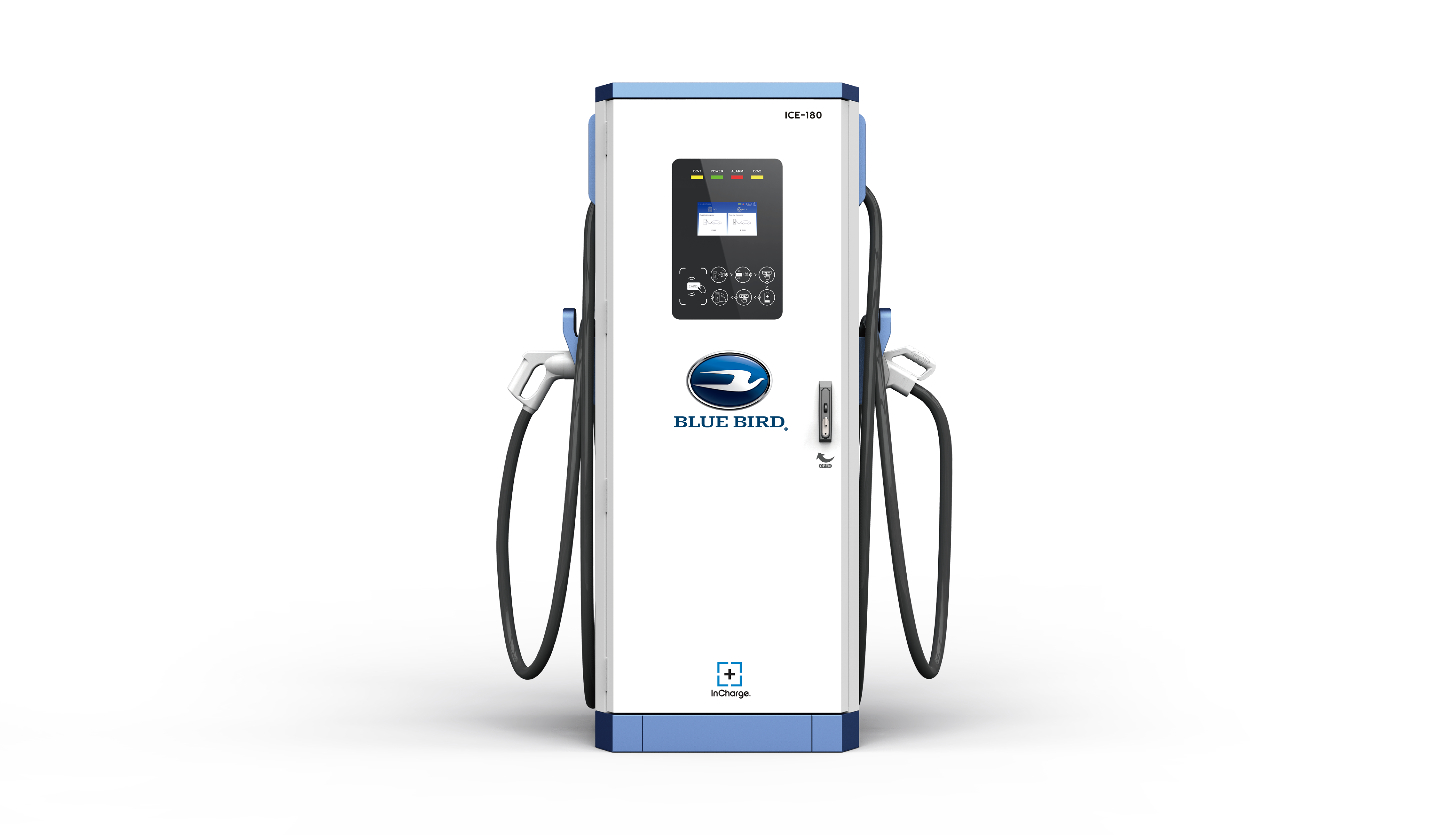What To Consider When Buying a Torque Wrench

Torques are precision tools used in various industrial sectors to fasten nuts and bolts. Make things too tight, and you risk damaging the parts. Too loose and serious accidents can occur. Of course, knowing how to use your wrench matters, but finding the right one for you and your applications is also essential. If you’ve never bought one before, or need to purchase a new one, let’s review what you need to consider when buying a torque wrench.
What’s the Construction Quality?
The overall construction quality of a tool will affect how well it performs, and the torque wrench is no different. While it may be tempting to buy the cheapest wrench possible, this can affect the accuracy and durability of the tool, and when you choose a torque wrench, it needs to be accurate. For example, plastic torque wrenches may be easier on the wallet, but a stainless steel wrench will last much longer if you’re working in a corrosive or wet environment. You should also consider the slipperiness of the handle, the feel and weight in your hand, and the size.
What Type Do You Prefer?
There are three types of torque wrenches: beam, micrometer, and digital. Now, if you’re a bit old school, don’t be so quick to throw a digital wrench out of the ring. A common torque wrench myth is that digital wrenches are less accurate than mechanical ones, which isn’t true.
Beam torque wrenches are easy to use, but they don’t provide any feedback to help you ensure you’re reaching the desired level of torque. Micrometer torque wrenches are incredibly versatile and can notify you when the ideal torque level gets reached, but you need to recalibrate them often. Digital torque wrenches, on the other hand, while they may cost more, last for many years and also notify you when you reach the desired torque with an easy-to-read display.
What’s Its Overall Accuracy?
Of course, regardless of what type of wrench you prefer, it needs to be accurate, and in some applications, high precision is non-negotiable. Ideally, you should choose a wrench with an accuracy of plus or minus five percent. If you use a digital torque wrench, the calibration should be clear and easy to read. If you’re unsure of the tool’s accuracy, some manufacturers test their torque wrenches to meet specific standards and contain a certification on the box or in the instruction manual.
Do You Need a High-Capacity Tool?
The industry you work in will determine whether you need a small, medium, or high-capacity wrench, which directly correlates to the side of the square head range. Small-sized torque wrenches come in one-fourth or three-eighths of an inch and produce four to 21 ft-lbs. of torque and 15-75 ft-lbs. torque, respectively. Medium-sized torque wrenches are typically half an inch and offer 24-250 ft-lbs. of torque. Finally, high-capacity torque wrenches measure about three-fourths of an inch and can produce up to 1000 ft-lbs. of torque. The force you need will determine the size of the square head range you should purchase.
Now that you know what you need to consider when buying a torque wrench, you can shop with confidence, knowing that you’ll have the best torque wrench for your application.





